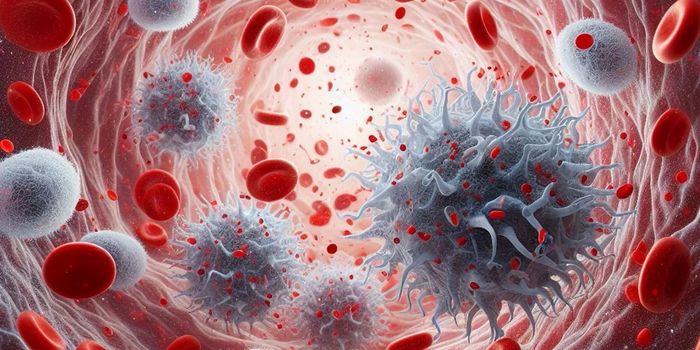Nearly Half of Global Cancer Deaths Attributed to Behavioral Risk Factors
Cancer is a broad description of various related diseases resulting from abnormal and excessive cell growth. While some cancers develop due to an individual’s genetics or uncontrollable factors, other circumstances relating to lifestyle and the environment can also increase cancer risk. Enlisting cancer prevention strategies, such as eating a healthy diet and avoiding excessive sun exposure, can reduce cancer risk. If more people undertake effective cancer prevention strategies, a notable reduction in cancer's physical, emotional, and financial burdens will follow.
Cancer is the second leading cause of death worldwide. By 2040, experts anticipate nearly 30 million new cancer diagnoses per year. Thus, any efforts to reduce this burden can significantly impact global health. Understanding the contribution of the modifiable risk factors will enhance cancer control efforts and subsequently limit some of the worldwide cancer burden.
To understand the impact of risk-attributable cancer burden, in other words, the degree of cancer burden to which modifiable risk factors contribute, a group of researchers utilized data from the Global Burden of Diseases, Injuries, and Risk Factors Study (GBD 2019). The results, recently published in The Lancet, revealed that modifiable behaviors topped the list of cancer risk factors.
The analysis contributed 44% of cancer deaths to behavioral risk factors. Risk factors including smoking, alcohol consumption, and high body mass index (BMI) contributed most to risk-attributable cancer deaths. As the study estimated global outcomes, the researchers evaluated cancer burden in different global regions using the socio-demographic index (SDI). While risk factors in high SDI locations followed suit of the findings of the global analysis, the top risk factors in low SDI locations included smoking, unsafe sex practices, and alcohol use.
The researchers also questioned how the risk factors for risk-attributable cancer burden have evolved between 2010 and 2019. In this decade, cancer deaths attributed to risk factors increased by over 20%. Further, metabolic risks, such as high BMI and elevated fasting glucose level, made up the highest percentage increase.
Notably, GBD 2019 data estimates were calculated before the global COVID-19 pandemic, and the authors call for future studies evaluating the impact of coronavirus on risk factors associated with cancer burden.
While some cancers remain unpreventable, understanding the full impact of modifiable risk factors will help inform outreach programs led by government, public, and private entities. Promoting lifestyle and behavioral changes that reduce cancer risk could have profound implications on reducing the global cancer burden.









